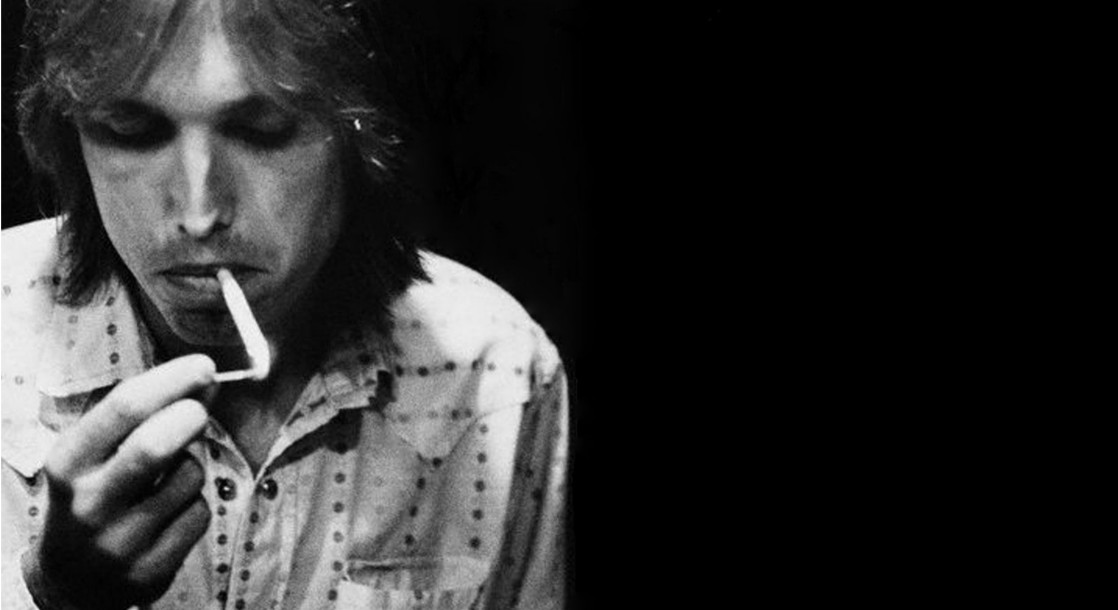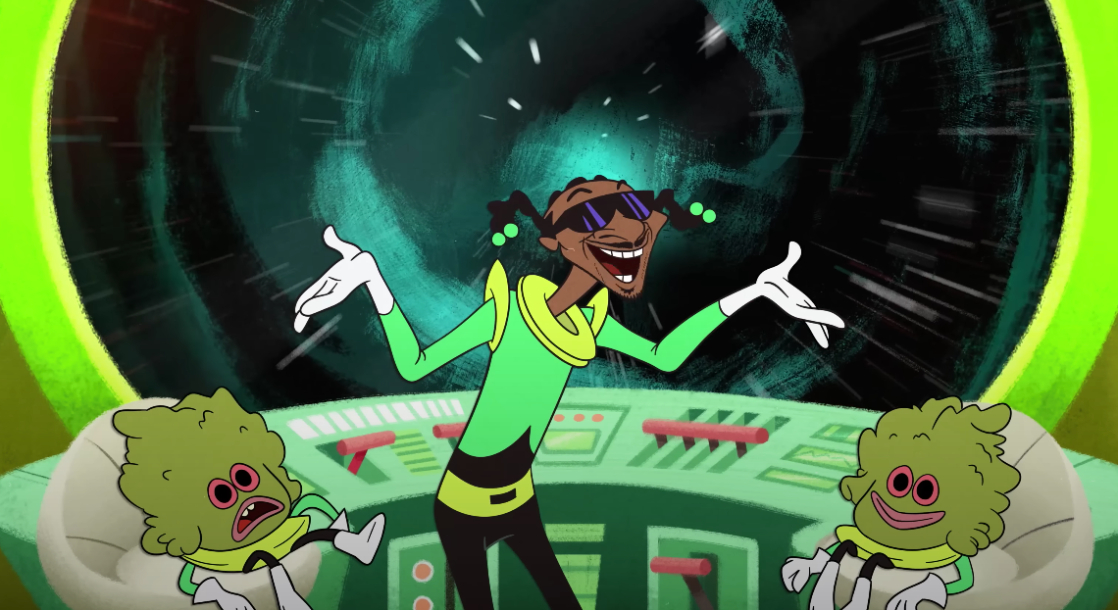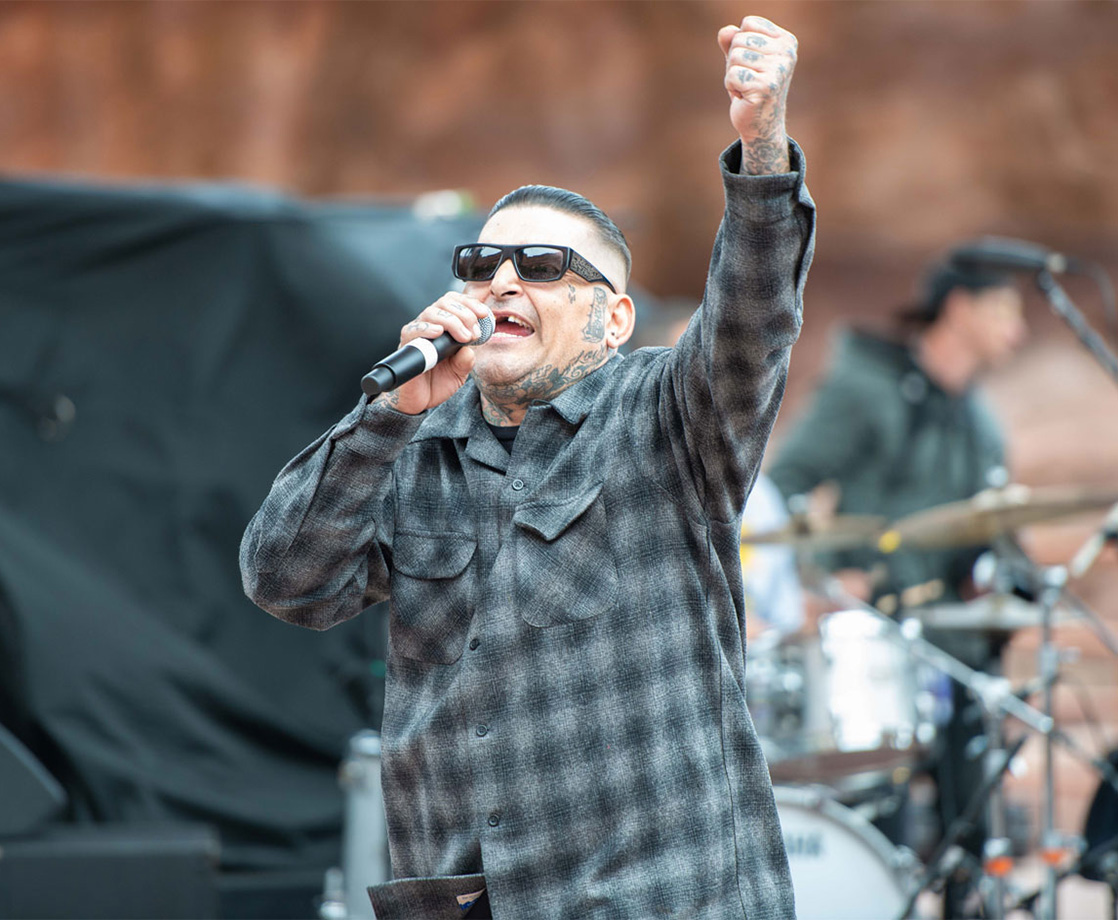You don’t get much more American than Tom Petty. Coming to fame at a time when punk rock was starting to obliterate the system and classic rock was on the outs, he made pure rock ‘n’ roll about small towns, girls, and the open road. Petty always seemed to exist in his own window of time, untethered to one era or the next, but yesterday, mortality finally caught up to him. He suffered a cardiac arrest in his Malibu home and passed away a few hours later, just a few weeks shy of 67.
Growing up in Gainesville, Florida, Petty brought an everyman charm to his music with The Heartbreakers, with whom he released his debut album in 1976. Singles like “Breakdown” and “American Girl” quickly became radio staples, and by the time Petty released his third album, Damn The Torpedoes, in 1979, he had cemented himself as heartland rock fixture alongside Bruce Springsteen and Bob Seger. Along with those two, he captured something uniquely American that people clearly craved in the late ‘70s and early ‘80s, perhaps disillusioned by all of the cosmopolitan new wave that few outside of cities could relate to.
Petty caught flack for his use of the Confederate flag on merchandise and promotional materials for his 1985 tour supporting his album Southern Accents. There was a line between regional pride and bigotry, and he crossed it. But speaking with Rolling Stone just after South Carolina statehouse decided to remove the “stars and bars” from its flagpole two years ago, Petty eloquently repented for his past misdeeds, calling it “a downright stupid thing to do.” “People just need to think about how it looks to a black person,” he continued. “It's just awful. It's like how a swastika looks to a Jewish person. It just shouldn't be on flagpoles.”
Later on in his life, Petty was also an outspoken advocate for cannabis legalization. In 2013, he told Rolling Stone that he thought this country’s contrasting treatment of marijuana and liquor was hypocritical: "Liquor's worse for you. I don't think pot's addictive — I never felt like I had to have it, you know. Actually, no, I take that back [laughs]. But it is safer than alcohol."
He elaborated in a 2014 conversation with Men’s Journal about his relative lack of vices: "I'm mostly just a reefer guy. It's a musical drug… I've had a pipeline of marijuana since 1967."
Mary Jane also played a role in Petty’s late ‘80s, early ‘90s comeback. After Southern Accents and its 1987 follow-up, Let Me Up (I’ve Had Enough), were both greeted with lukewarm reception, Petty bounced back with the 5x platinum Full Moon Fever in 1989, after most had already considered his career dead. During this period, he also formed the Traveling Wilburys with fellow legends Bob Dylan, George Harrison, Roy Orbison, and Jeff Lynn, the last of whom produced Full Moon Fever. Over the next few years, Petty would score almost as many hits as he had in his prime, including “Free Fallin’,” “I Won’t Back Down,” “Learning To Fly,” and of course, “Last Dance with Mary Jane,” which debuted on Petty’s Greatest Hits album in 1991.
Petty continued releasing music on a steady drip for the rest of his life, delivering six since 2000. Following his first “comeback” over 25 years ago, the blond-haired rocker never seemed discouraged or caught up by prevailing trends in music, comfortable with owning his niche and playing exclusively for the millions of fans he had racked up over the course of his illustrious career. His music means a lot of things to a lot of people, and he will be sorely missed. There’s no denying it— nobody told great American stories quite like Petty did. Rest in Peace, Tom.











